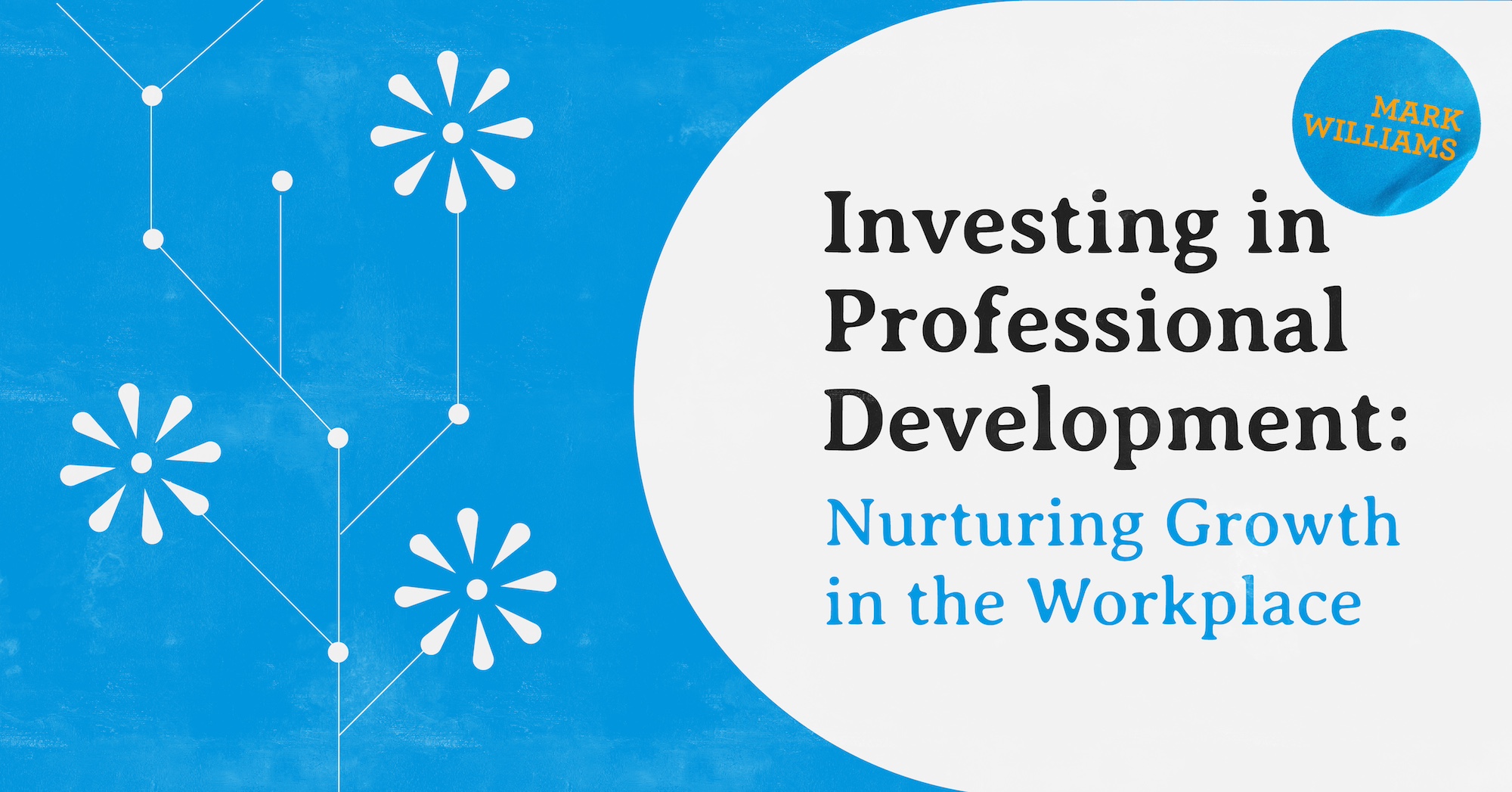In today’s fast-paced professional world, it’s crucial to talk about why it’s so important to invest in your employees’ professional growth and development. Companies that prioritize their employees’ advancement through training, mentorship programs and educational resources reap numerous benefits, ranging from improved employee satisfaction and retention to enhanced productivity and innovation.
Providing training opportunities equips employees with the skills and knowledge necessary to excel in their roles and adapt to changing demands within the industry. Whether it’s mastering new technologies, refining communication skills or developing leadership abilities, ongoing training fosters a culture of continuous learning that not only benefits individual employees but also strengthens the organization as a whole. By investing in relevant and practical training programs, companies empower their workforce to stay ahead of the curve and remain competitive in the marketplace.
Mentorship programs complement formal training by offering personalized guidance and support to employees at various stages of their careers. Pairing less experienced employees with seasoned professionals allows for knowledge transfer, skills development and invaluable networking opportunities. Mentors serve as role models, providing insights, advice, and encouragement that contribute to the mentees’ professional and personal growth. Mentorship programs also create a sense of camaraderie and collaboration within the organization, creating a supportive environment where individuals feel valued and motivated to succeed.
Offering access to educational resources such as workshops, seminars and online courses demonstrates a commitment to employees’ long-term development and career advancement. Whether it’s pursuing a degree, obtaining certifications, or acquiring new skills, providing avenues for continued education enables employees to broaden their horizons and pursue their professional aspirations. By investing in educational resources, companies not only invest in their employees’ future but also cultivate a culture of innovation and expertise that drives organizational success.
Investing in professional development initiatives has a direct impact on employee satisfaction, engagement and retention. Employees who feel supported in their growth journey are more likely to feel valued and motivated to contribute their best efforts to the company. This, in turn, fosters a positive work environment characterized by high morale and teamwork. And, by nurturing talent from within, companies reduce turnover rates, minimize recruitment costs and retain institutional knowledge critical to their long-term success.
Investing in employees’ professional growth and development is not just a sound business strategy; it’s a fundamental commitment to nurturing talent, fostering innovation and building a resilient workforce capable of thriving in an ever-changing world. By providing training, mentorship programs, and educational resources, companies empower their employees to reach their full potential, driving individual and organizational success in the process. As the adage goes, “The only thing worse than training your employees and having them leave is not training them and having them stay.”
For more leadership insights- check out my new podcast- Balance, Not Burnout available anywhere you listen to podcasts.

